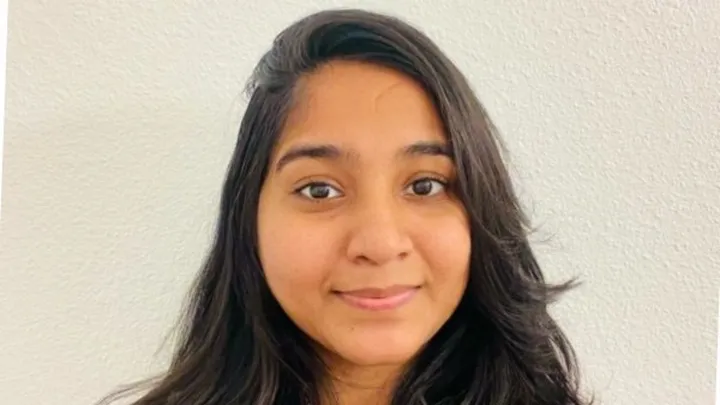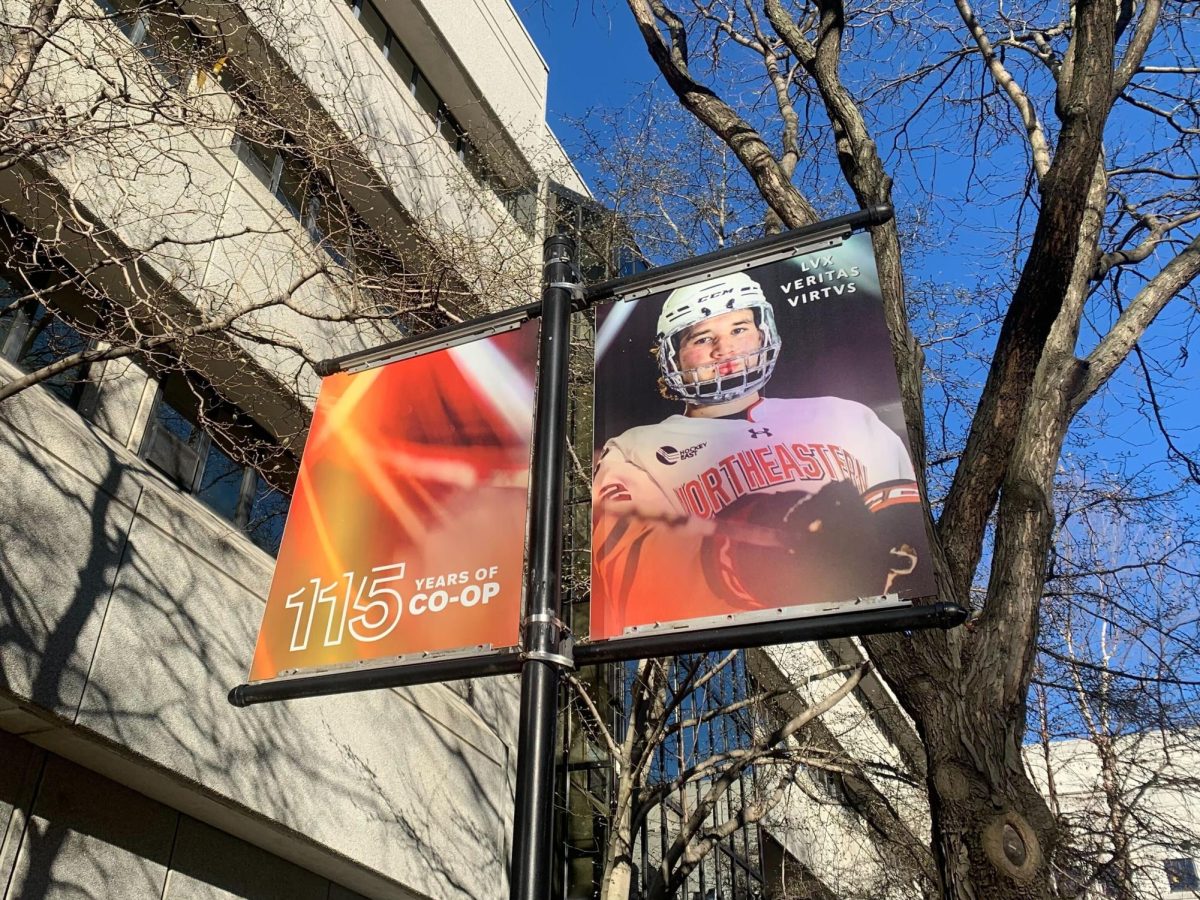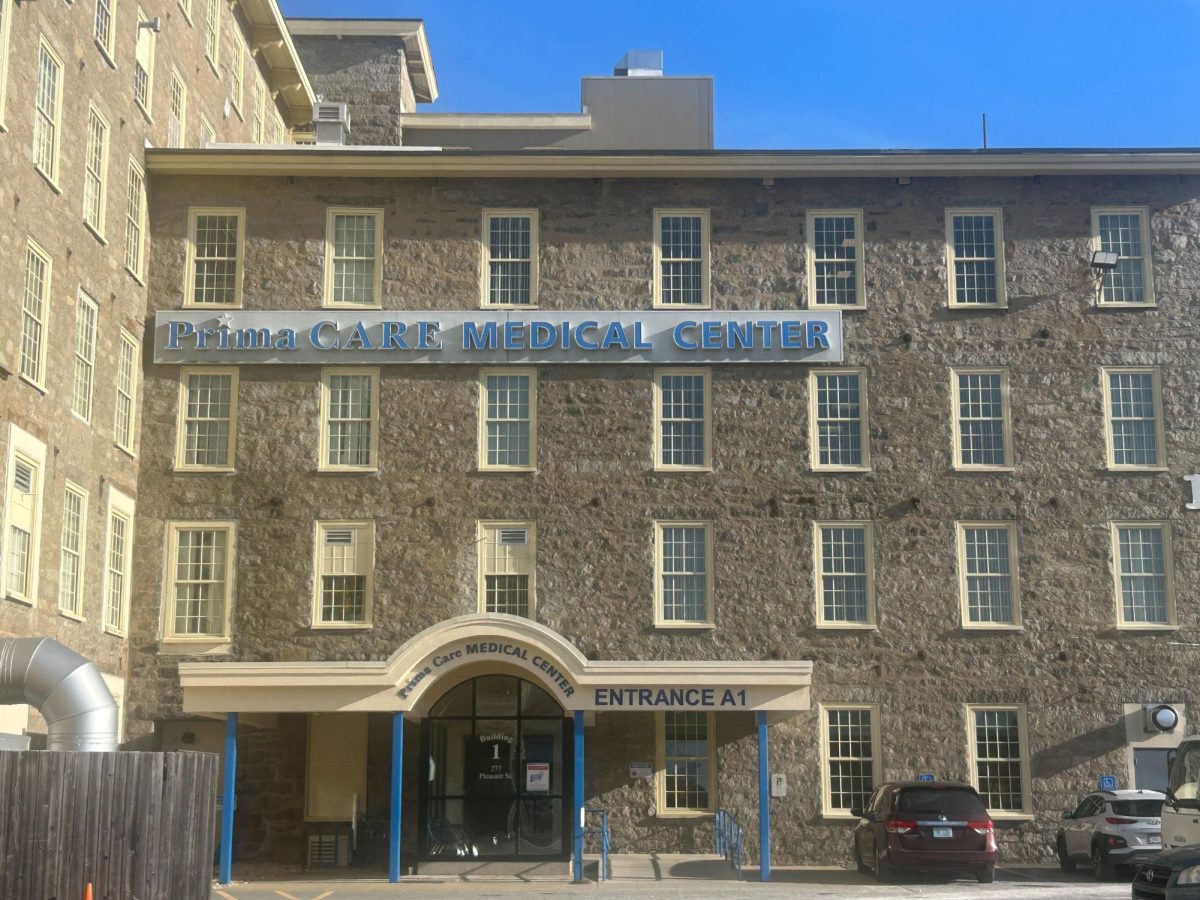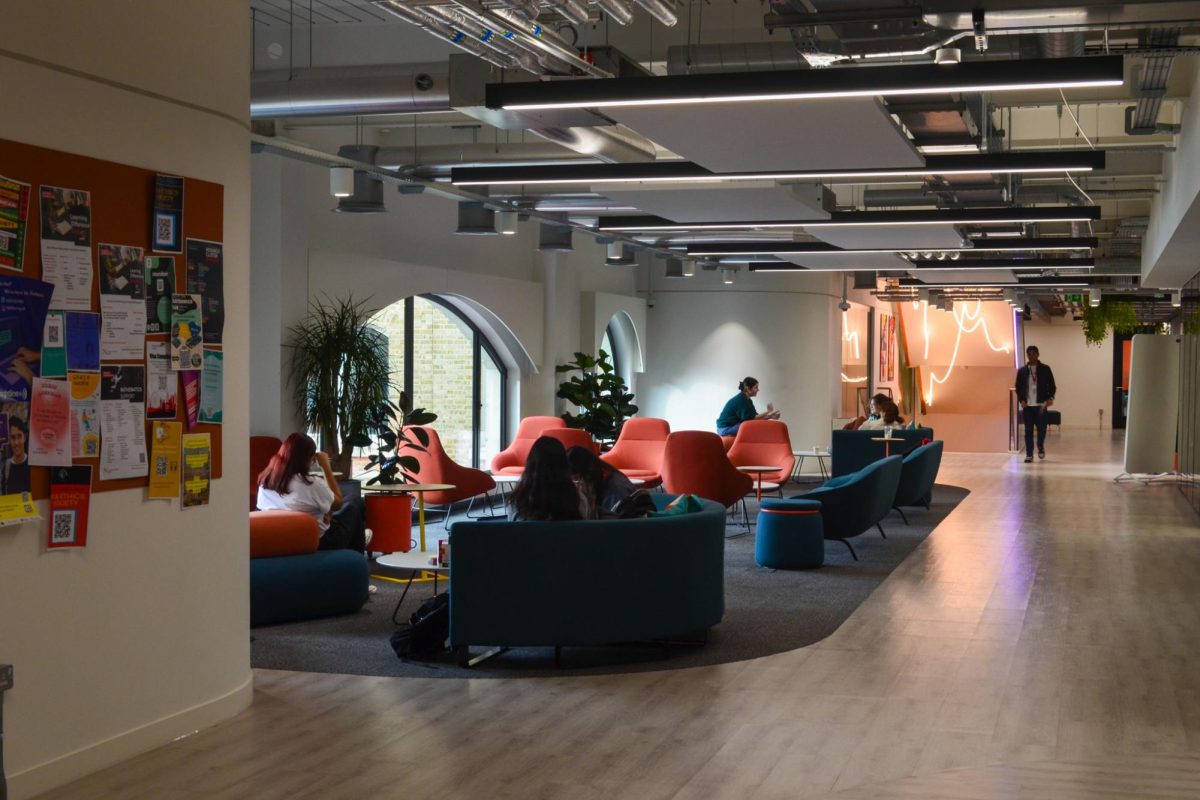By Patrick Burgard, deputy campus editor
As Northeastern students continue to advocate for improved health care services, a new student-led resource is available on campus for students with diabetes.
The College Diabetes Network, or CDN, is a nonprofit organization dedicated to creating a support system for college-age students with Type 1 diabetes. It has more than 110 chapters in the United States and Canada, including Northeastern’s, which became a recognized group on campus in November. The chapter was founded by co-presidents Alex Peterson, a fifth-year psychology major, and Maggie Gallagher, a third-year interactive media and business administration combined major.
“Both Maggie and I have Type 1 diabetes,” Peterson said. “We noticed that there was really not a place where we could connect with other people with Type 1, or seek out support if we needed advice or supplies, or how to navigate registering with the Disability Resource Center or how to get benefits and accomodations through classes.”
According to its website, CDN is run “by and for students” and has three pillars of programming: providing tools for students with Type 1 diabetes to live healthy lives, creating a support network for students with diabetes to interact and, lastly, establishing an “ecosystem” of resources and information for people who do not have diabetes to learn more.
“It’s a way for students affected by Type 1 diabetes to connect with a support network, to advocate for one another, to promote education on their campuses,” Peterson said. “It’s a pretty all-encompassing network of students affected by Type 1 diabetes.”
While the national CDN organization focuses primarily on Type 1 diabetes, Gallagher said the Northeastern chapter accepts students with Type 2 diabetes as well.
“We would never turn anyone away,” she said.
The first pillar of services offered by CDN include information about living with Type 1 diabetes, such as the effects of drinking alcohol, navigating health insurance and advice on becoming a political advocate for people with diabetes.
Peterson said the Northeastern CDN chapter heavily emphasizes advocacy and mentorship. She said many students need help communicating with Northeastern’s Disability Resource Center, or DRC.
“We can help other students approach the DRC, or say ‘This is how I would approach my professor,’” she said. “What we hope to do is get specific benefits, like a more streamlined process through registering with the DRC.”
Gallagher said this kind of network — the second programming pillar — is a great resource for students with diabetes because it is the first time many of them have had to live independently while managing their illness. While college is a transitional period for everyone, she said, adjusting to college life can be especially hard for people with diabetes because they constantly need to manage their blood sugar levels.
In addition to managing blood sugar levels, Gallagher said people with diabetes frequently face stigmatization, which can deter students with diabetes from speaking up about their needs and using the resources available to them, like those offered by the DRC.
“We want to end the stigma. We want people to be able to talk about it freely so that their schoolwork isn’t interrupted,” Gallagher said. “If they need to go take a break during class, and they don’t want to register with the DRC, they should be able to talk freely and know that there’s a Northeastern community that knows what Type 1 is.”
CDN member Julia Wall said the Northeastern chapter is effective at creating a stigma-free space because its members can directly relate to her experiences. She said it is helpful to talk with people who understand the embarrassment she sometimes feels managing her blood sugar in public.
“Joining a club where everyone knows what you’re going through and you don’t even really have to discuss it is a really cool concept to me,” said Wall, a first-year cell and molecular biology major. “We all compare stories, like at the gym, having to eat fruit snacks. Just being able to talk to people about diabetes really openly is probably the best part of CDN.”
Membership in the Northeastern chapter, which is free, also provides access to CDN’s national “ecosystem” — the group’s third pillar — which includes a number of resources for people with diabetes, their families, clinicians and researchers.
For example, CDN supplies resources to parents of students with diabetes who are going to college for the first time. Gallagher said this helps to ease the students’ transition to independence.
“[That’s] one issue that a lot of parents deal with with a child that has Type 1: ‘What happens when they go out of the house all of a sudden?’” she said. “For 18 years, probably, the parents were right there beside them helping them through low or high blood sugar, a weird class schedule and then talking to the teachers when there was an issue. So when you go off to college, it’s just you and a professor, and maybe you’re too scared to tell the professor.”
Currently, the group has between 15 and 20 members, Gallagher said, including several members without diabetes who are either enrolled in the Bouvé College of Health Sciences or just curious about what it means to live with diabetes.
Peterson added that Northeastern has one of the only CDN chapters in Boston, so they also welcome students from nearby schools, including Emerson College and the Berklee College of Music. Simmons College has the only other chapter in Boston proper.
“It’s not just for Northeastern students, it’s for students in Boston,” she said. “We’re like a gateway to the resources.”









